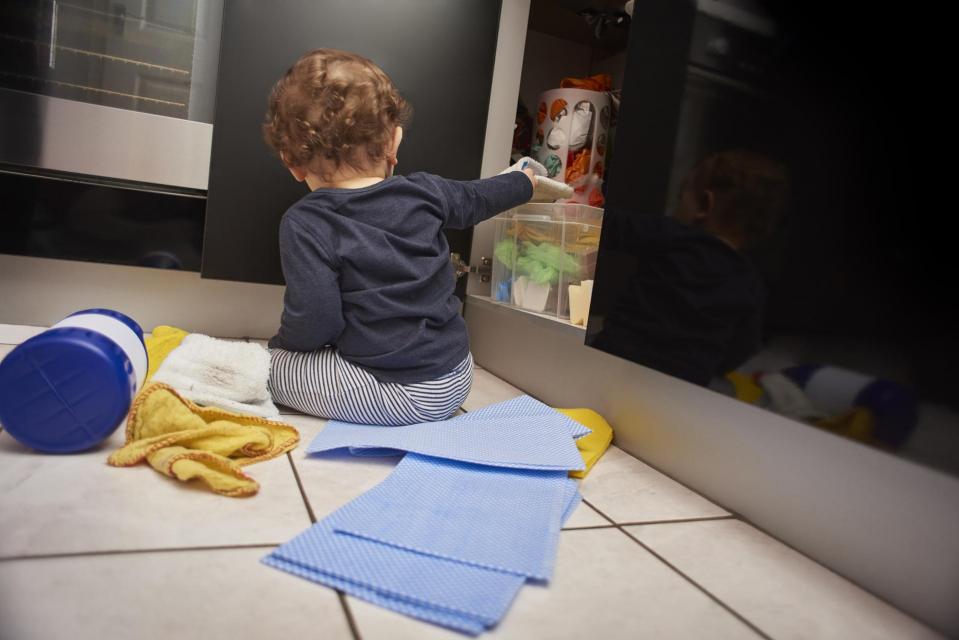American Sustainable Business Council urges Congress to override veto of bipartisan National Defense Authorization Act and the Sustainable Chemistry Research and Development Act
Washington, DC — The bipartisan Sustainable Chemistry Research and Development Act of 2019, led by Sen. Chris Coon, D-Delaware, and co-sponsored by Sens. Susan Collins, R-Maine; Amy Klobuchar, D-Minnesota; and Shelley Moore Capito, R-West Virginia, is now at risk with President Trump’s veto of the National Defense Authorization Act.
“The Sustainable Chemistry Research and Development Act provides support for a transition to safer chemicals as we grow business and job opportunities.” We applaud the bipartisan effort and now urge all legislators to work override the veto as it threatens the opportunity to provide safer chemicals and help us grow jobs in the U.S. said David Levine, President and co-founder of the American Sustainable Business Council (ASBC) in calling for a veto override. “.
After years of careful design, the group of bipartisan lawmakers had the vision and willingness to work across party lines to craft a bill designed to provide a model for how we can address the transition to safer chemicals as we grow our economy.
ASBC and over the over 250,000 business and investors we represent, urges Senators Coons, Collings, Capito and Klobuchar to lead the effort to override the veto against the National Defense Authorization Act to enable the Sustainable Chemistry Research and Development Act to be put into law.
This bill directs the Office of Science and Technology Policy to convene an interagency entity under the National Science and Technology Council with the responsibility of coordinating federal programs and activities in support of sustainable chemistry. Agencies participating in the entity must carry out specified activities in support of sustainable chemistry, including incorporating sustainable chemistry into existing research, development, demonstration, technology transfer, commercialization, education, and training programs. Sustainable chemistry is focused on conserving resources and minimizing the generation and use of hazardous substances in chemical processes.
“Green chemistry is at the heart of what we do at ECOS, and we’re continually innovating safer formulas for our cleaning products to help protect the health of people and the planet. It’s absolutely critical that we invest in more sustainable solutions at all levels of government, to create a safer future and a stronger economy.”
— Kelly Vlahakis-Hanks, President & CEO, ECOS
“Seventh Generation has always promoted the need for sustainable chemistry not just as our own guiding principle but as an industry-wide practice – chemicals that are less harmful to human & environmental health; chemicals that are bio-degradable, plant-based and sustainably sourced. Seventh Generation urges Congress to override the veto supporting Sustainable Chemistry in service of making the world a healthier, more sustainable place for the next seven generations.”
— Joey Bergstein, CEO, Seventh Generation
“Advancing this cross-collaborative initiative to better understand, unearth, and integrate our planet’s ability to support us through sustainable chemistry while eliminating hazardous chemicals along the way, would be a huge win for the health and safety of our nation and our planet.”
— Kari Warberg Block, Founder and CEO, EarthKind


